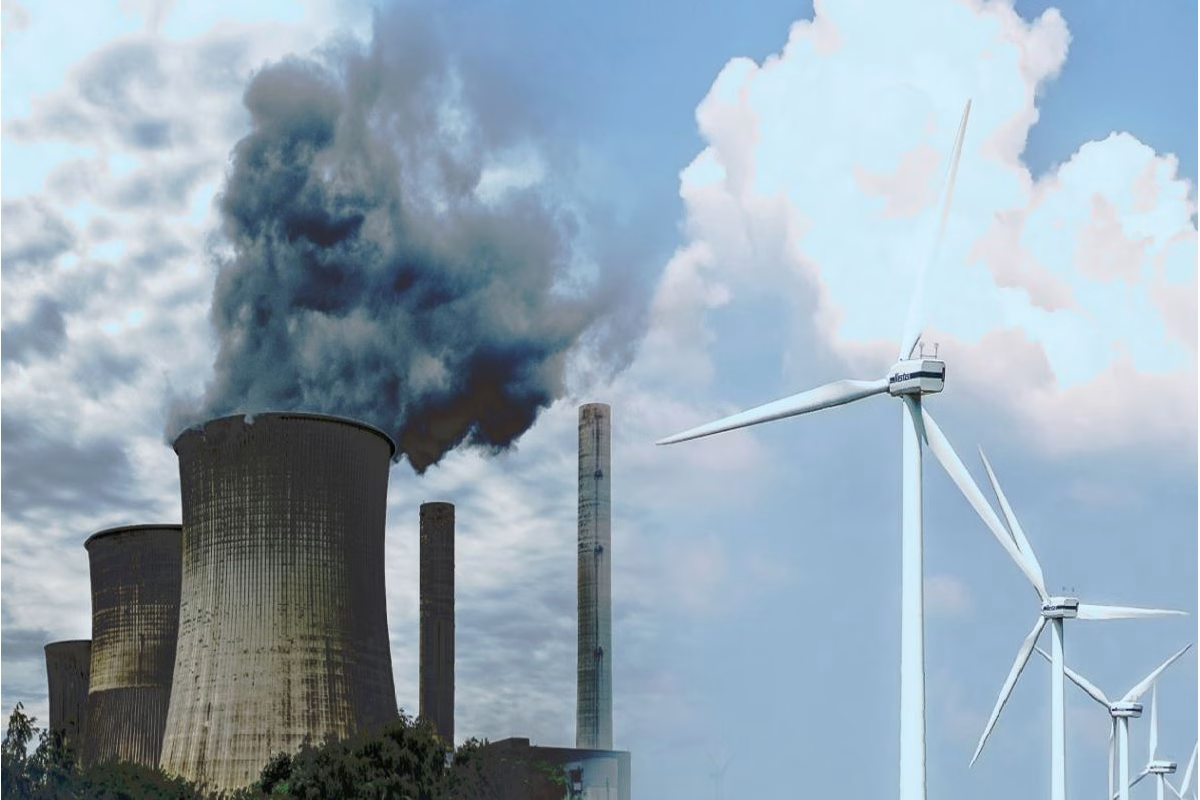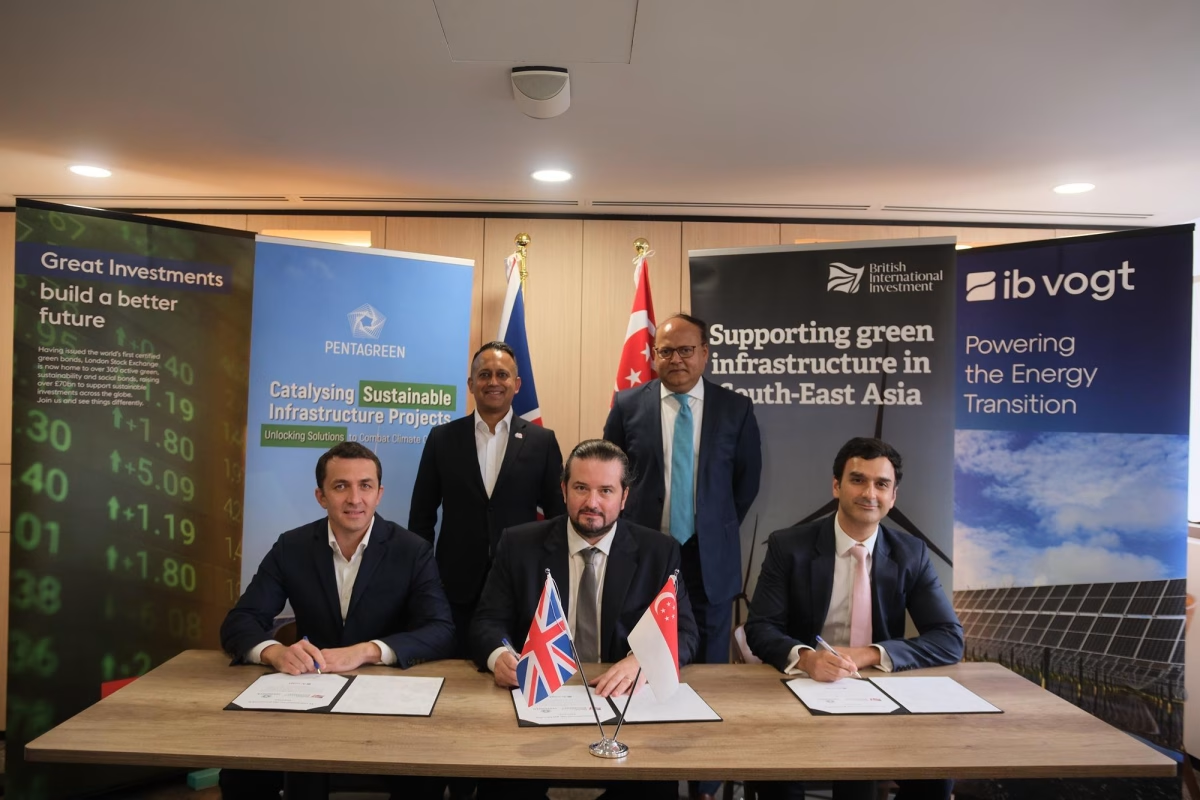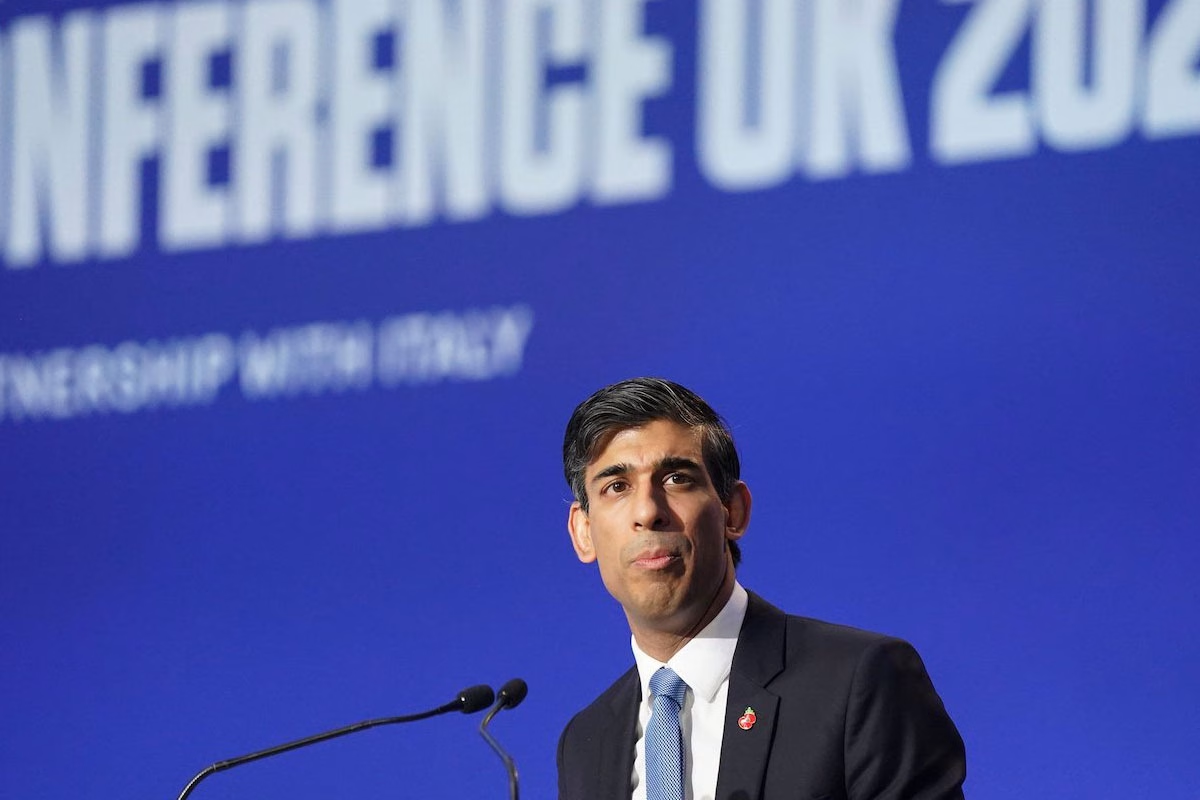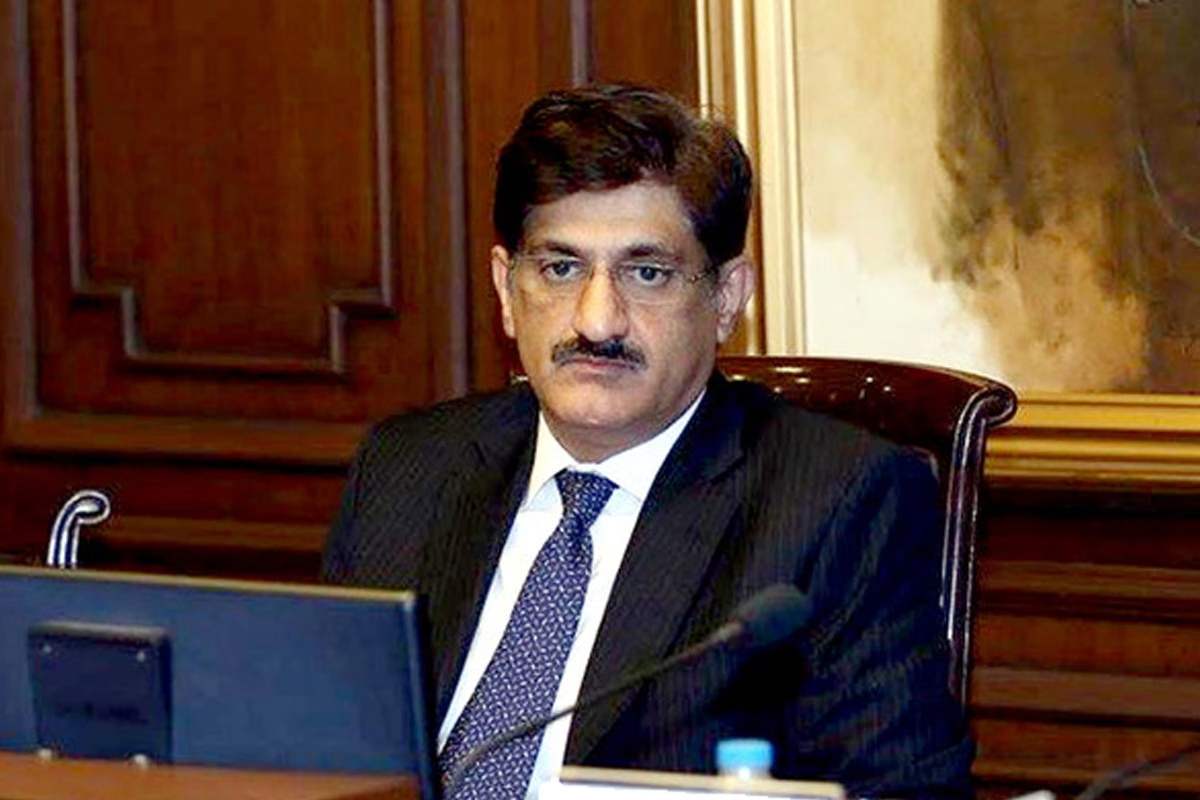
Pakistan to host ‘energy roadshow’ in Saudi Arabia
November 26, 2024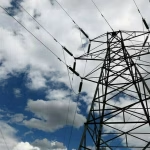
Are sectoral risks hindering Pakistan’s progress in renewable energy?
December 23, 2024Pakistan joins fossil-fuel non-proliferation coalition to embrace a renewable energy future
Pakistan has joined a coalition of climate-vulnerable nations advocating for a global fossil-fuel non-proliferation treaty, which calls for an equitable transition away from coal, oil, and gas. The proposed treaty, meant to complement the Paris Agreement, emphasizes the need for financial and technological support to facilitate fair energy transitions for developing nations. As one of the top ten countries most vulnerable to the catastrophic impacts of climate change, Pakistan is the first South Asian nation to engage with this initiative. The country aims to address severe climate challenges, including devastating flooding and rising temperatures, while urging wealthier nations to take the lead in the global energy transition, according to a press release.
Earlier this year, Prime Minister Muhammad Shehbaz Sharif highlighted the importance of climate justice during COP29, calling for increased international support to strengthen the resilience and sustainability of vulnerable nations facing growing environmental threats.
Domestically, Pakistan has actively pursued initiatives at both the policy and implementation levels to promote environmental sustainability. One such initiative is the New Energy Vehicle (NEV) Policy, which aims to transition 30% of all new vehicles—both imported and locally manufactured—to electric power by 2030. The policy incorporates various technologies, with the government offering subsidies totaling PKR 4 billion to encourage adoption. According to the National Energy Efficiency & Conservation Authority (NEECA), the transport sector accounts for 30% of Pakistan’s total energy consumption, worth approximately $1.3 billion per month, placing considerable strain on the economy and foreign exchange reserves. Environmentalists and automobile experts view the policy as a transformative step for Pakistan’s energy, automotive, and environmental sectors. The shift is expected to help tackle Pakistan’s chronic air pollution, particularly the persistent smog problem affecting urban areas.
The widespread adoption of electric vehicles (EVs) could significantly reduce greenhouse gas emissions and lower particulate matter levels, leading to improved air quality and better public health. The policy is also expected to drive innovation and modernization in the automobile sector, fostering long-term growth and sustainability. Local EV manufacturing is anticipated to provide a major boost to the economy and offer consumers access to newer vehicle models, a significant upgrade for a market that has long relied on outdated models.
While the government’s subsidies are a step in the right direction, experts stress the need for additional measures, such as tax breaks and low-interest financing options, to make EVs more accessible to a broader population. These efforts would strengthen Pakistan’s environmental protection initiatives and enhance its role in promoting global climate justice.

